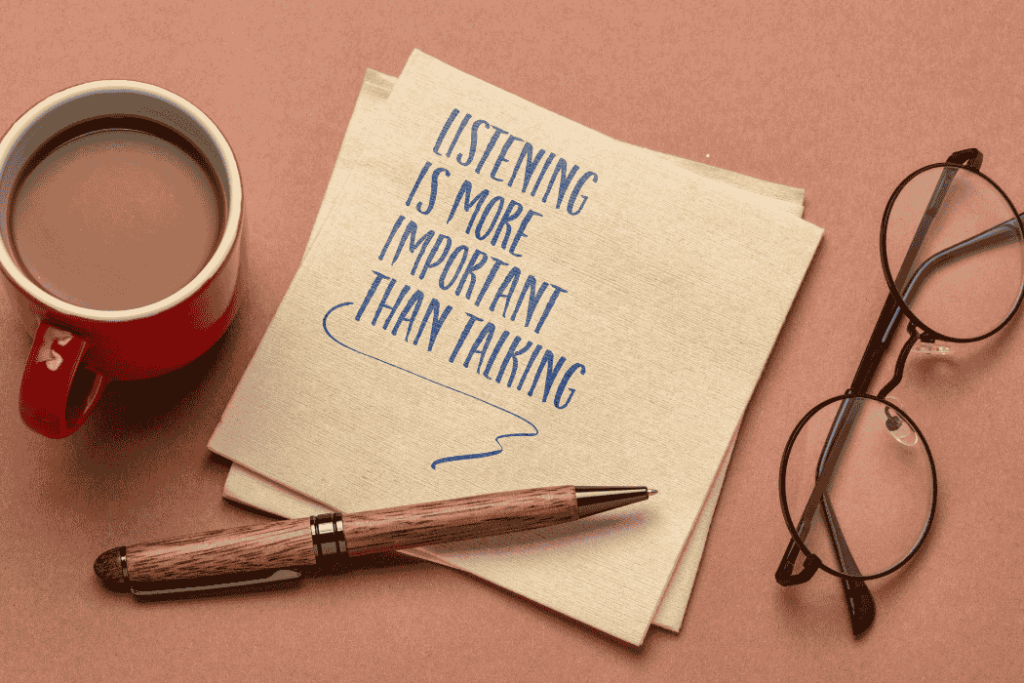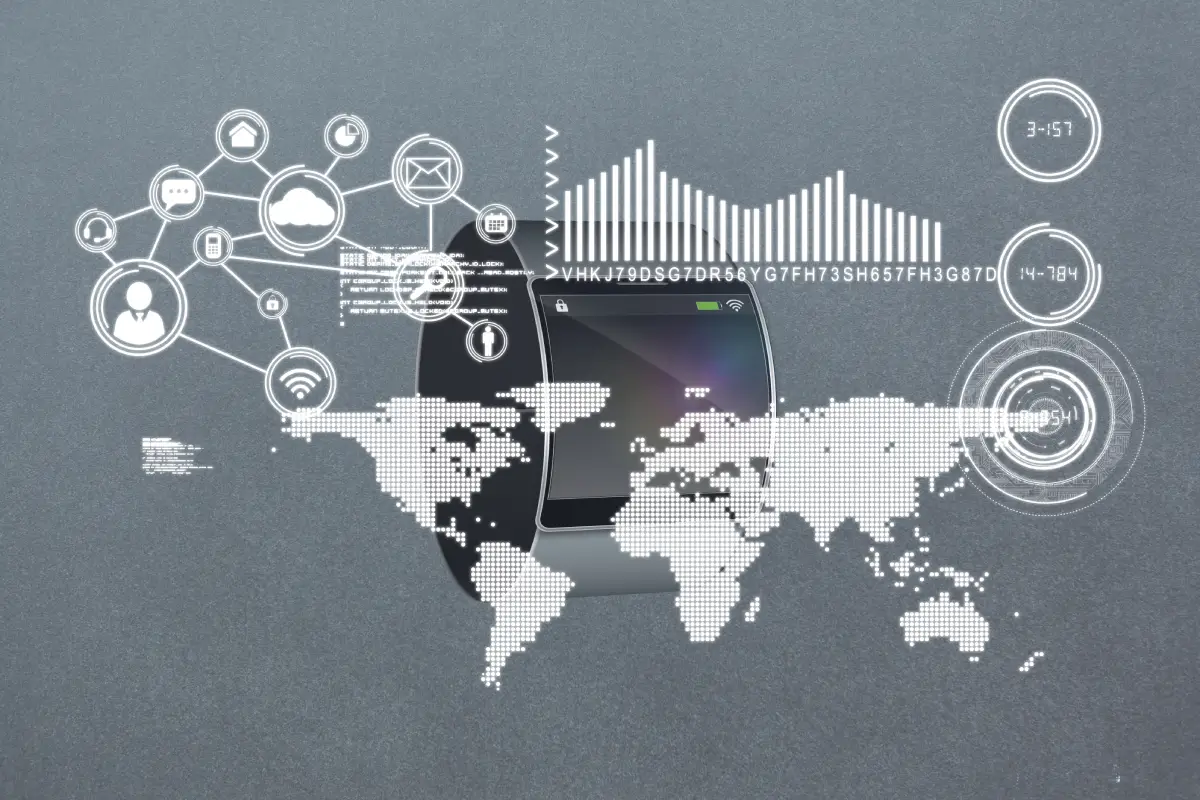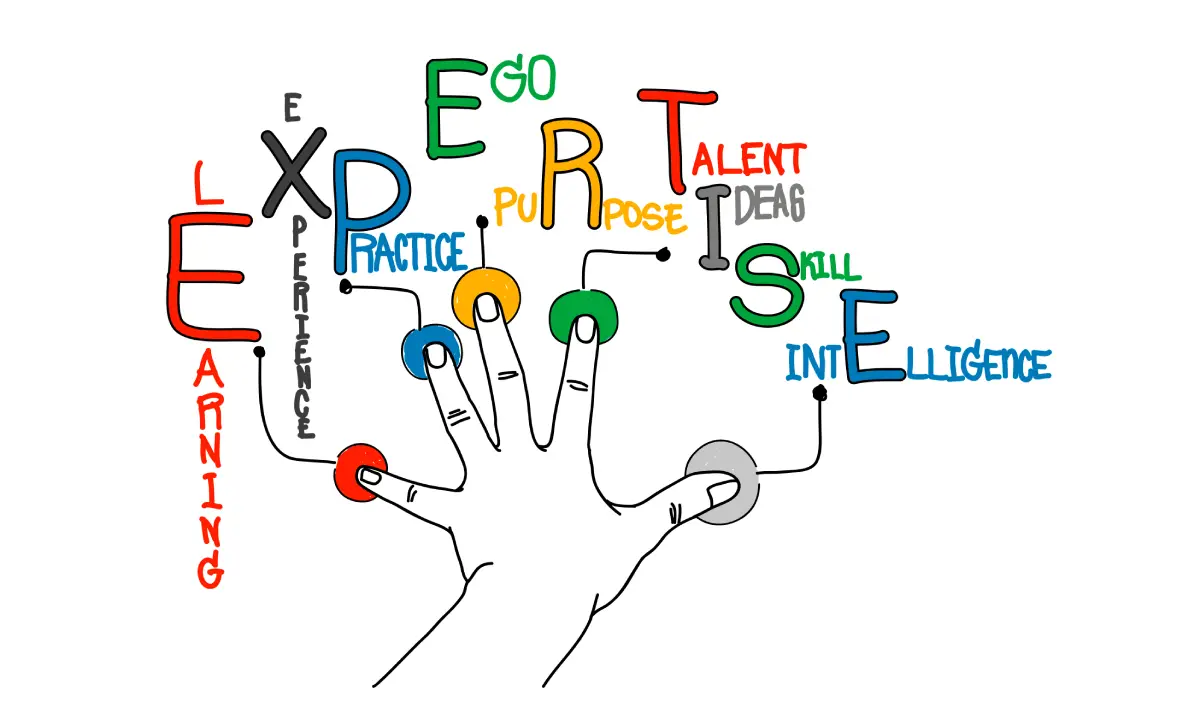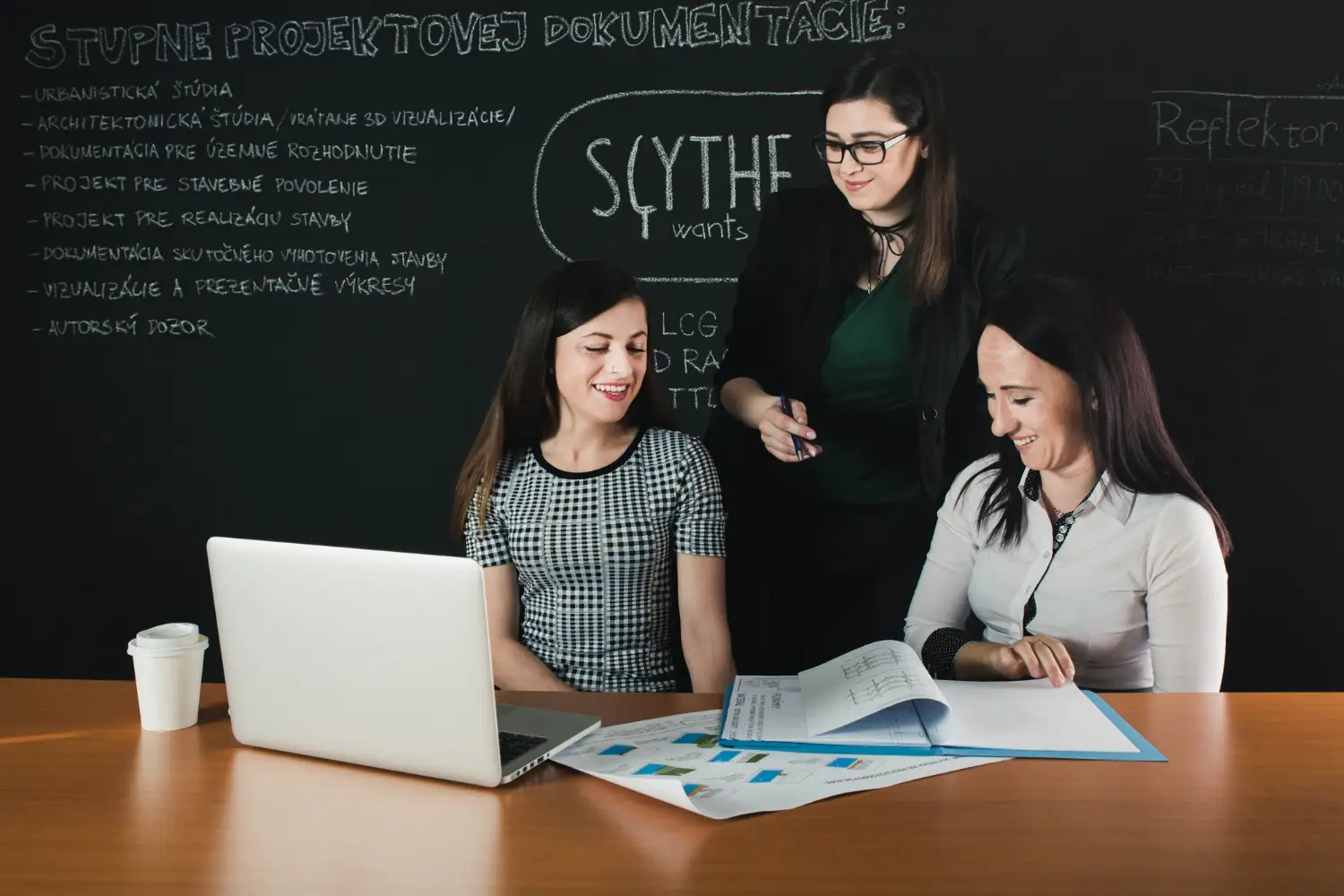In today’s fast-paced world, where communication is key, the art of listening often goes overlooked. However, it is an essential skill that can greatly improve not only your relationships but also your professional success. Whether you are a manager trying to lead your team effectively, a salesperson trying to close a deal, or simply someone who wants to be a better listener, understanding the importance of listening is crucial.
Table of Contents
The Power of Active Listening
Listening goes beyond just hearing the words; it involves actively paying attention, empathizing, and comprehending the message being conveyed. By actively listening, you can gain valuable insights, understand the needs of others, and build stronger connections. It allows you to pick up on non-verbal cues, such as body language and tone of voice, which can provide additional context and deepen your understanding. Active listening demonstrates respect and empathy, making the speaker feel valued and understood.
Effective listening involves being fully present in the moment, without distractions or preconceived notions. It requires setting aside your agenda and focusing on the speaker’s words and emotions. Active listening creates an environment of trust and open communication, fostering collaboration and problem-solving. By truly listening to others, you can gain different perspectives and expand your knowledge and understanding.
Benefits of Improving Your Listening Skills
Improving your listening skills can positively impact various aspects of your life, including career growth, personal relationships, and overall well-being. In the workplace, good listening skills can lead to better teamwork, increased productivity, and improved decision-making. By genuinely listening to your colleagues and employees, you can create a supportive and inclusive work environment.
In personal relationships, listening is the foundation of effective communication and understanding. It allows you to connect on a deeper level, build trust, and foster stronger bonds. By listening attentively to your loved ones, you can validate their feelings, offer support, and avoid misunderstandings. In turn, this can lead to healthier and more fulfilling relationships.
Furthermore, improving your listening skills can enhance your overall well-being. When you truly listen to others, you become more present and engaged in the moment. This can reduce stress, increase mindfulness, and improve your overall emotional intelligence. By embracing the power of listening, you can create more meaningful connections and enrich your life.
Impact of Effective Listening on Personal Relationships
Listening plays a crucial role in personal relationships. It is the key to understanding, empathy, and effective communication. When you truly listen to your partner, family members, or friends, you create a safe space where they can express themselves openly. This fosters trust and strengthens the bond between you.
Effective listening involves not only hearing the words being spoken but also understanding the emotions and underlying needs. By paying attention to non-verbal cues, such as facial expressions and body language, you can gain a deeper understanding of the speaker’s emotions. This allows you to respond appropriately and supportively, enhancing the quality of your interactions.
Listening in personal relationships also involves practicing empathy. Empathy is the ability to understand and share the feelings of others. By listening empathetically, you can validate the emotions of your loved ones and make them feel understood. This creates a sense of connection and strengthens the relationship.
How Listening Skills Can Enhance Professional Success

Listening skills are essential for professional success. In the workplace, effective communication is crucial for collaboration, problem-solving, and building strong relationships with colleagues and clients. By actively listening to others, you can gather important information, understand expectations, and avoid misunderstandings.
Active listening also demonstrates respect and professionalism. When you give your full attention to the speaker, you show that you value their input and ideas. This can create a positive impression and enhance your professional reputation. Additionally, by listening carefully to feedback and constructive criticism, you can identify areas for improvement and growth in your career.
Moreover, listening skills are particularly important for managers and leaders. By listening to your team members, you can understand their needs, concerns, and aspirations. This allows you to provide support, motivate them, and create a positive work environment. Effective listening also encourages open communication and collaboration, leading to increased productivity and success.
Techniques for Improving Your Listening Skills
Improving your listening skills requires practice and intention. Here are some techniques to enhance your ability to listen effectively:
- Be present: Eliminate distractions and focus entirely on the speaker. Avoid interrupting or forming responses in your mind while the other person is speaking.
- Maintain eye contact: Eye contact shows that you are engaged and attentive. It also helps you pick up on non-verbal cues and signals from the speaker.
- Ask clarifying questions: Don’t hesitate to ask for clarification if you’re unsure about something. This shows that you are actively listening and seeking to understand.
- Practice active body language: Lean forward, nod, and use facial expressions to show that you are actively engaged in the conversation. This encourages the speaker to continue sharing.
- Reflect and summarize: After the speaker has finished, summarize what you heard to ensure understanding. This also shows the speaker that you were actively listening and processing their message.
- Practice empathy: Put yourself in the speaker’s shoes and try to understand their perspective. This helps you connect emotionally and respond with empathy.
- Practice patience: Avoid rushing the conversation or jumping to conclusions. Give the speaker time to express themselves fully.
The Role of Empathy in Effective Listening
Empathy is a crucial component of effective listening. It involves understanding and sharing the feelings of others. When you listen empathetically, you not only hear the words being spoken but also try to understand the emotions and experiences behind them.
Empathy allows you to connect on a deeper level with the speaker, creating a safe and supportive space for them to express themselves. By putting yourself in their shoes, you can better understand their needs and concerns. This helps you respond in a compassionate and understanding manner, building trust and strengthening the relationship.
Empathy also helps you overcome biases and preconceived notions, allowing you to listen with an open mind. By genuinely considering the speaker’s perspective, you can foster a more inclusive and respectful communication environment.
Overcoming Common Barriers to Effective Listening
Effective listening can be challenging due to various barriers that hinder communication. By recognizing and addressing these barriers, you can become a better listener. Here are some common barriers to effective listening and ways to overcome them:
- Distractions: Eliminate distractions, such as electronic devices, noise, or multitasking. Create a quiet and focused environment for listening.
- Preconceived notions: Avoid forming judgments or assumptions before listening to the speaker. Approach the conversation with an open mind.
- Lack of patience: Be patient and give the speaker time to express themselves fully. Avoid interrupting or rushing the conversation.
- Biases and stereotypes: Recognize your own biases and actively challenge them. Listen with empathy and consider the speaker’s perspective.
- Emotional barriers: Manage your own emotions and remain calm and composed during the conversation. This allows you to listen objectively and respond appropriately.
- Lack of feedback: Provide feedback and ask clarifying questions to ensure understanding. This shows the speaker that you are actively engaged in the conversation.
By overcoming these barriers, you can create a more conducive listening environment and engage in meaningful and productive conversations.
Connection Between Listening and Effective Communication
Listening is closely intertwined with effective communication. It is an essential component of the communication process, allowing for understanding, collaboration, and problem-solving. Effective listening enhances the quality of communication and strengthens relationships.
When you listen actively and empathetically, you create an atmosphere of trust and openness. This encourages others to share their thoughts and ideas, leading to more effective and inclusive communication. Additionally, by truly understanding the speaker’s message, you can respond with clarity and relevance, avoiding misunderstandings or misinterpretations.
Listening also helps bridge cultural and language barriers. By actively listening to individuals from different backgrounds, you can gain insights into their unique perspectives and experiences. This fosters cross-cultural understanding and promotes effective communication in diverse settings.
Resources for Further Developing Your Listening Skills
Improving your listening skills is an ongoing process. Here are some resources that can help you further develop this vital skill:
- Books: “The Lost Art of Listening” by Michael P. Nichols, “Just Listen” by Mark Goulston, and “You’re Not Listening” by Kate Murphy are insightful books that delve into the importance of listening and provide practical strategies for improvement.
- Courses: Online platforms such as Coursera and Udemy offer courses on active listening and effective communication. These courses provide valuable insights and practical exercises to enhance your listening skills.
- Podcasts: Podcasts like “The Art of Listening” and “The Science of Social Media” discuss various aspects of listening and effective communication. They offer tips, strategies, and real-life examples to help you become a better listener.
- Workshops and seminars: Look for workshops or seminars in your area that focus on communication skills and active listening. These interactive sessions provide opportunities to practice and receive feedback from experts.
- Coaching: Consider working with a communication coach who can provide personalized guidance and support in improving your listening skills. A coach can help you identify areas for improvement and provide strategies for growth.
By utilizing these resources, you can continue honing your listening skills and becoming a more effective and empathetic listener.
Conclusion
Listening is a transformative skill that can greatly enhance your personal and professional life. By actively listening, you can gain valuable insights, understand the needs of others, and build stronger connections. It allows you to identify and rectify misunderstandings, prevent conflicts, and foster a positive working environment.
Improving your listening skills can positively impact various aspects of your life, including career growth, personal relationships, and overall well-being. With so much at stake, it’s time to make listening a priority. By practicing active listening, embracing empathy, and overcoming barriers, you can become a more effective communicator and cultivate deeper connections with those around you. So, let’s start listening, truly listening, and exploring the power of understanding and connection that comes with it.










